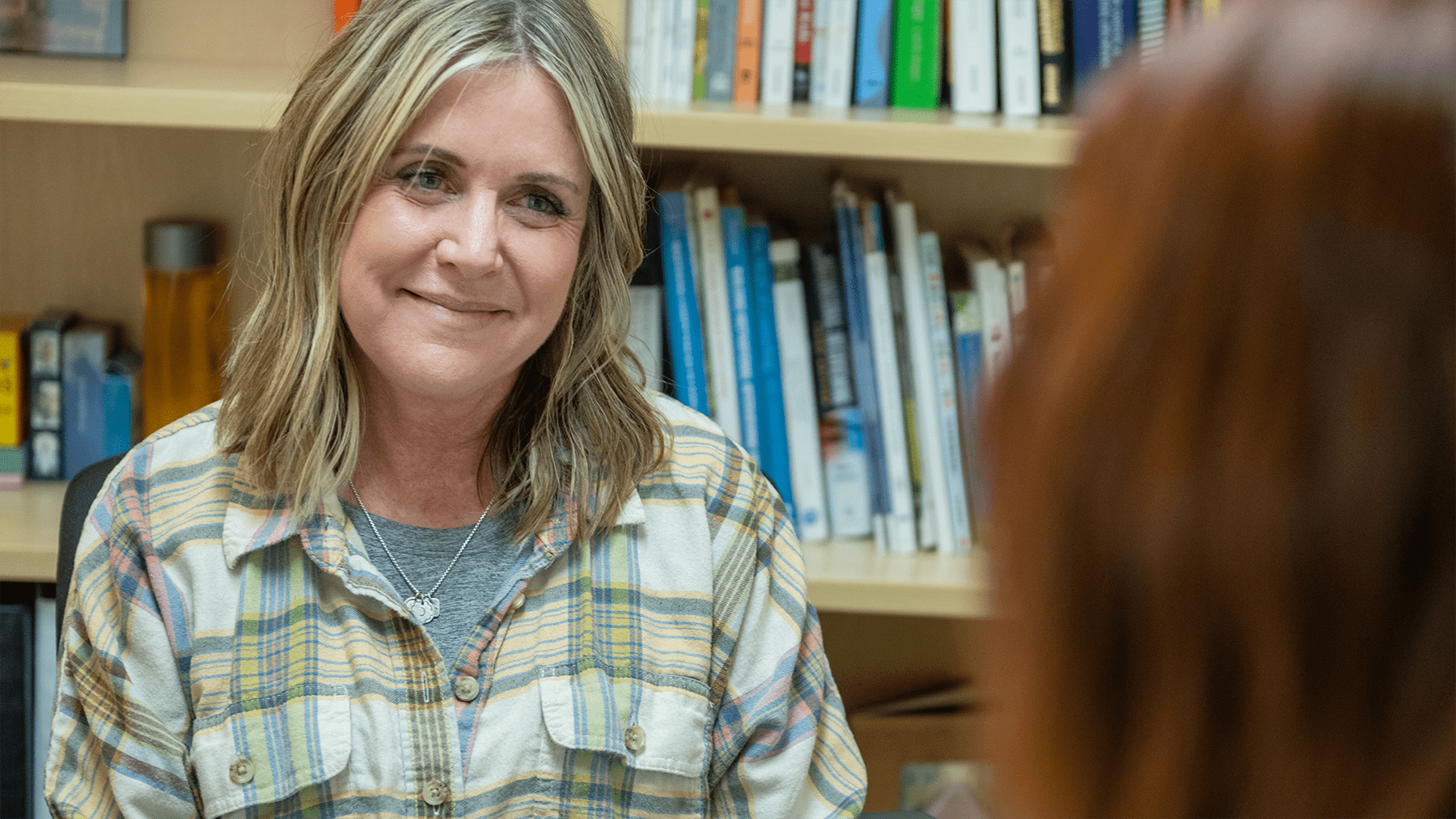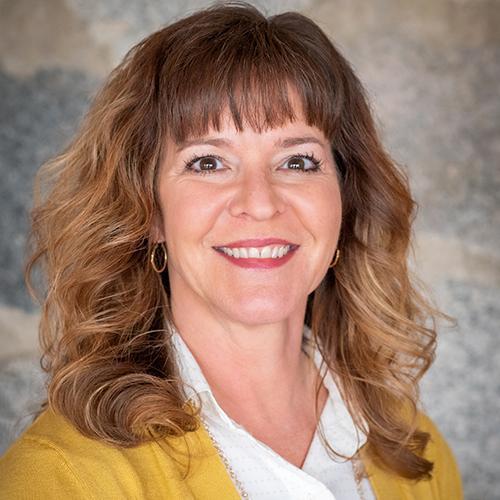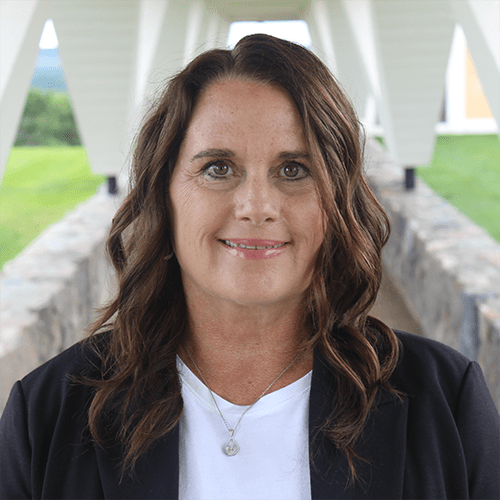Addiction Counseling

-
Program TypeMinor
-
SchoolLiffrig Family School of Education & Behavioral Sciences
The minor in addiction counseling prepares students to succeed in a challenging, in-demand field as servant leaders and values-based professionals. The minor can be coupled with any degree but can be of special interest to students in criminal justice, psychology, and social work.
What You’ll Learn
You’ll explore the dynamics and pharmacology of addiction, the intersection of addiction and the justice system, and successful intervention practices for individuals, families, groups, and communities.
- Understand the Dynamics of Addiction
Learn the importance of continuity of care for the prevention of relapse, enhancement of quality of life, and more satisfactory life adjustment.
- Explore the Motivations and Social Implications of Drug Use
Learn the principles and terminology of pharmacology and the psychology and physiology of drug use.
- Examine the History of Drugs and the Correctional System
Understand how politics influences drug sentencing and impacts the size of the prison population.
- Continue to Grow Your Skillsets
You can seamlessly advance into programs such as the MS in Counseling with specializations in Clinical and Mental Health or School Counseling, as well as the Master of Social Work. These programs offer flexible options, including online and in-person formats, to suit your needs.
Program Information
Please visit our catalog for admission requirements and a full list of our courses.
Featured Faculty

Kristi Bitz, PhD
Director of Psychology , Professor
I have spent most of my life working in or attending educational settings. I consider myself a lifelong learner and try to never take for granted the gift of education I have received and been able to be a part of giving to others. In my free time I enjoy going for walks with my husband and our dog, spending time with my children and extended family, and reading.

Heidi J. Nieuwsma, MSW, LCSW
Chair of Social Work, Director of Addiction Counseling, Assistant Professor of Behavorial Sciences
I am the Chair of Behavioral Sciences which includes the undergraduate programs of Addiction Counseling, Criminal Justice, Psychology, and Social Work. I work closely with programs directors, faculty, and students within all of these programs. I am also the Social Work Program Director and work collaboratively with the social work faculty, students, the Council of Social Work Examiners, and our local and national community partners. These relationships contribute to successful learning outcomes for our students and our community partners.

